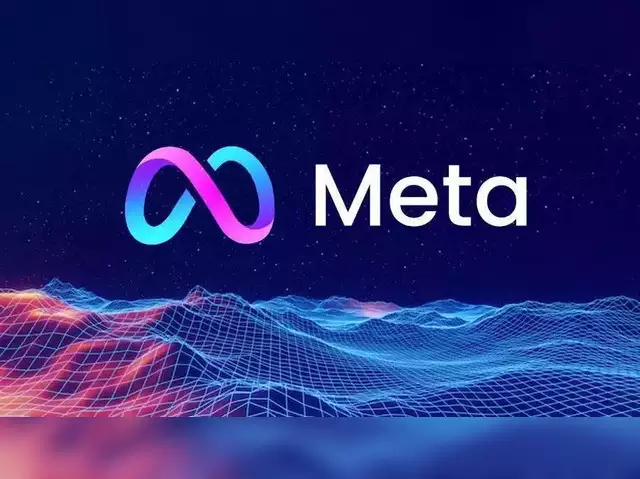The European Union’s new Digital Markets Act (DMA), the European Commission has fined Apple €500 million (₹4,500 crore) and Meta €200 million (₹1,800 crore) for failing to comply with rules designed to ensure fair competition and curb the dominance of Big Tech companies in the EU digital marketplace.
These are the first penalties issued under the DMA, which came into force in 2023 and aims to open up digital markets to smaller players by preventing anti-competitive practices by so-called “gatekeepers” – large tech companies that dominate core platform services.

EU Sets Precedent with Landmark Penalties
The Commission’s investigation concluded that Apple and Meta used their dominant positions to restrict user choice and limit access for rivals. Though the exact breaches remain confidential, officials cited non-compliance with key DMA provisions related to data use, self-preferencing, and unfair business conditions for app developers and advertisers.
A spokesperson for the European Commission said, “These fines are a clear signal that the DMA has teeth. Companies operating in the EU must comply with our rules and cannot impose unfair conditions on consumers or smaller competitors.”
While Alphabet (Google) and X (formerly Twitter) are also under ongoing scrutiny, the actions against Apple and Meta represent the first major enforcement test of the EU’s ambitious digital legislation.
U.S. Reacts Sharply, Tech Giants Push Back
The sanctions have already drawn condemnation from U.S. officials, including former President Donald Trump. His administration, which previously criticized the DMA, has labeled the EU’s actions a “novel form of economic extortion” and warned of potential retaliatory tariffs on European goods.
Apple responded with a strongly worded statement, pledging to appeal the decision:
“Today’s announcements are yet another example of the European Commission unfairly targeting Apple in a series of decisions that are bad for the privacy and security of our users, bad for products, and force us to give away our technology for free.”
Meta echoed similar concerns, with its Chief Global Affairs Officer Joel Kaplan stating:
“The European Commission is attempting to handicap successful American businesses while allowing Chinese and European companies to operate under different standards. This isn’t just about a fine – it’s about forcing a change in our business model, effectively imposing a multi-billion-dollar tariff on Meta.”
ALSO READ: “DFIR Capability Maturity Assessment Framework” by ALGORITHA
Geopolitical Implications and Industry Impact
The fines may be relatively small in comparison to previous EU penalties – such as Margrethe Vestager’s multibillion-euro fines on Google – but they signal a shift in regulatory priorities from punitive measures toward encouraging compliance.
Insiders suggest the relatively modest penalties reflect the short duration of the alleged breaches and a strategic decision to avoid escalating trade tensions with the U.S., particularly in light of upcoming elections.
Nonetheless, the timing of the fines coincides with growing global scrutiny of tech monopolies. A recent U.S. court ruling against Google’s dominance in the ad tech market has also emboldened antitrust regulators on both sides of the Atlantic.
What’s Next for Big Tech in Europe?
Under the DMA, gatekeepers are required to ensure interoperability, allow app sideloading, and refrain from combining user data across services without explicit consent. Enforcement is expected to intensify over the next 12 months, with more investigations and potential sanctions on the horizon.
Legal analysts say the Apple and Meta cases could serve as templates for how DMA violations are pursued in the future. Compliance is no longer optional, and the tech industry may need to rethink core business practices to align with Europe’s more interventionist regulatory framework.
The Commission is expected to provide further updates on ongoing cases in the coming weeks.

